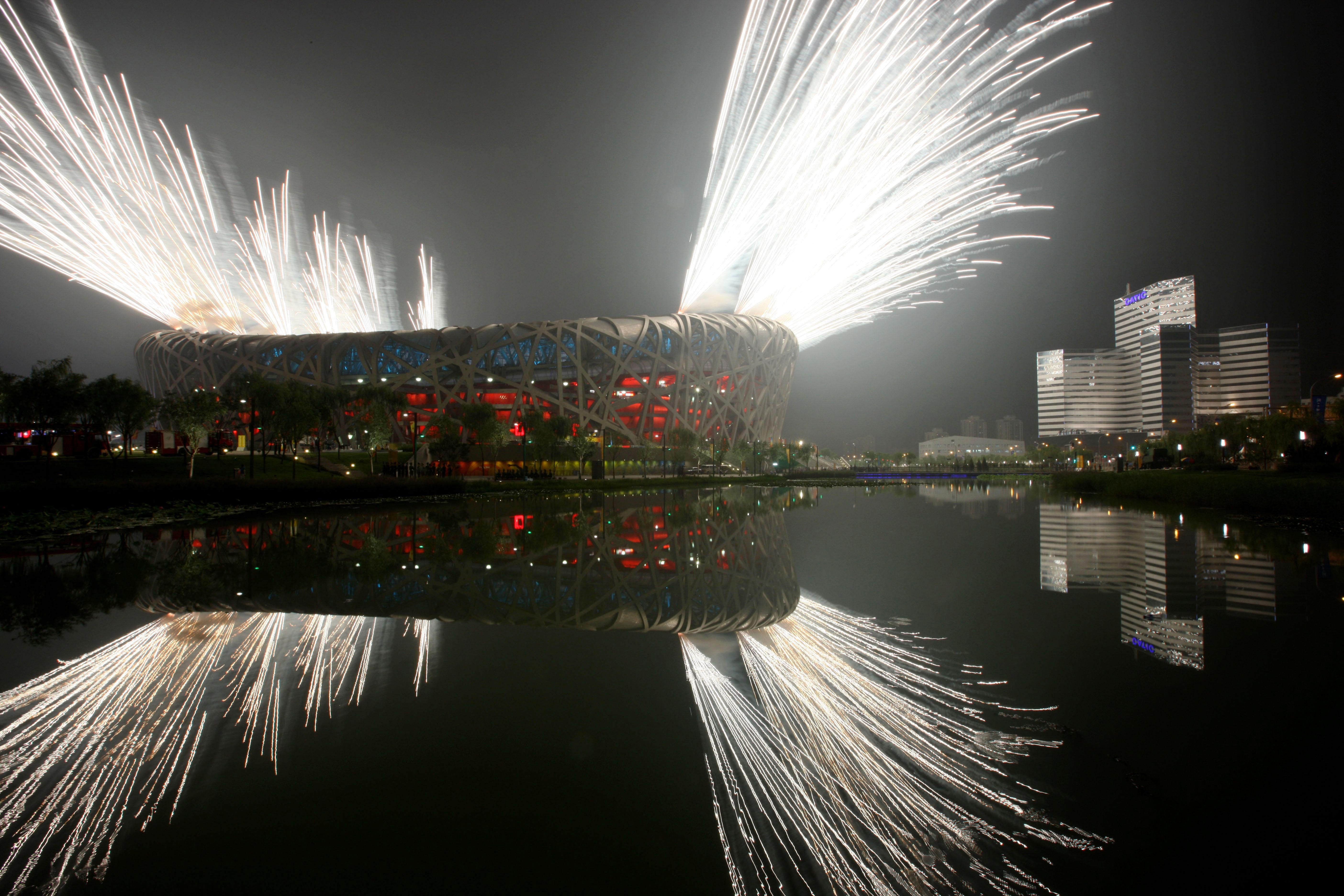The numbers behind the 2022 Winter Olympics in Beijing
Beijing becomes the first city to host both the Summer and Winter Olympics.

This year’s Winter Olympics get under way on February 2 in Beijing with the official opening ceremony two days later.
Here, the PA news agency takes a look at the Games in numbers.
24 – these will be the 24th Winter Olympics – with the event having first taken place in 1924 in Chamonix France.
1 – Beijing becomes the first city to host both the Summer and Winter Olympics. It is also China’s first hosting of the winter Games and the fourth in Asia after the Japanese cities of Sapporo and Nagano in 1972 and 1998 respectively and Pyeongchang South Korea in 2018.
109 – total medal events in Beijing.
19 – days of competition.
13 – venues for the Games, with seven in the Beijing zone including five which were also used at the 2008 Summer Olympics – one of which, the “Bird’s Nest” National Stadium, will host the opening and closing ceremonies but no sports this time around. The remaining six skiing or sliding venues are split between the Yanqing and Zhangjiakou zones.
1,200 – torchbearers on a reduced three-day torch relay from February 2-4.
50 – size of the Great Britain team, comprised of 27 men and 23 women competing across nine different sports.
3-7 – UK Sport’s medal target.
5 – record British medal tally at the 2018 Games in Pyeongchang – gold for Lizzy Yarnold in skeleton and bronze medals for Laura Deas in the same event, Dominic Parsons in the men’s equivalent, Izzy Atkin in slopestyle skiing and Billy Morgan in snowboard big air. Deas and Atkin return this year.
39 – Norway topped the medal table last time out, their 39 total medals putting them ahead of Germany after they each won 14 golds.
15 – Norwegian cross-country skier Marit Bjorgen holds the record for the most Winter Olympic medals of all time, after a gold and a bronze in 2018.
132 – the same country holds the record for all-time Olympic golds, ahead of the United States’ 105. The same is true for overall medals, 368 to 305.
2008 – two athletes from the 2008 Summer Games in Beijing have also qualified this year – British sprinter turned bobsledder Montell Douglas and Brazilian cyclist and cross-country skier Jaqueline Mourao, who will be competing at her eighth Olympics in total.
12 – days between the end of the Olympics and the start of the Paralympic Winter Games on March 4, featuring 78 events and around 600 athletes.
Bookmark popover
Removed from bookmarks